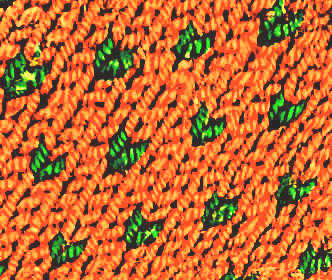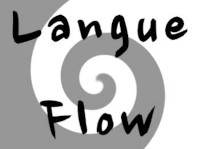
Project: Multilingual Glossary for Multilingual Terms
Jana-Katharina Mende, LangueFlow
Multilingualism, translingualism, plurilingualism, heterolingualism… all are used to describe similar but nuanced phenomena. To make matters more complex, these terms do not translate neatly across languages. German Mehrsprachigkeit and Swedish flerspråkighet, for example, do not align perfectly with English multilingualism, French plurilinguisme, Polish wielojęzyczność or Turkish çokdillilik.

Multilingual literary studies are inherently interdisciplinary. Scholars from various fields – linguistics, literary studies, translation studies, etc. – each bring their own specialized terminology to analyze and discuss the complexities of multilingual literature. This “terminological flow” (Anokhina & Sciarrino 2018: 13) often creates confusion not only among students but also among researchers.

What could be the solution? A flexible, free, multilingual online glossary would be a valuable resource. Key terms, definitions in multiple languages and references for context should be part of the glossary.
LangueFlow invites you to participate in the creation of this glossary. Join our Glossathon to help expand this project with entries in as many languages as possible.
Let’s build a useful tool together – and bridge the gaps in multilingual literary research!

Anokhina, Olga & Sciarrino, Emilio (2018): Plurilinguisme littéraire: de la théorie à la genèse. Genesis 46: 11–34.
Photos: © Jana-Katharina Mende 2024
